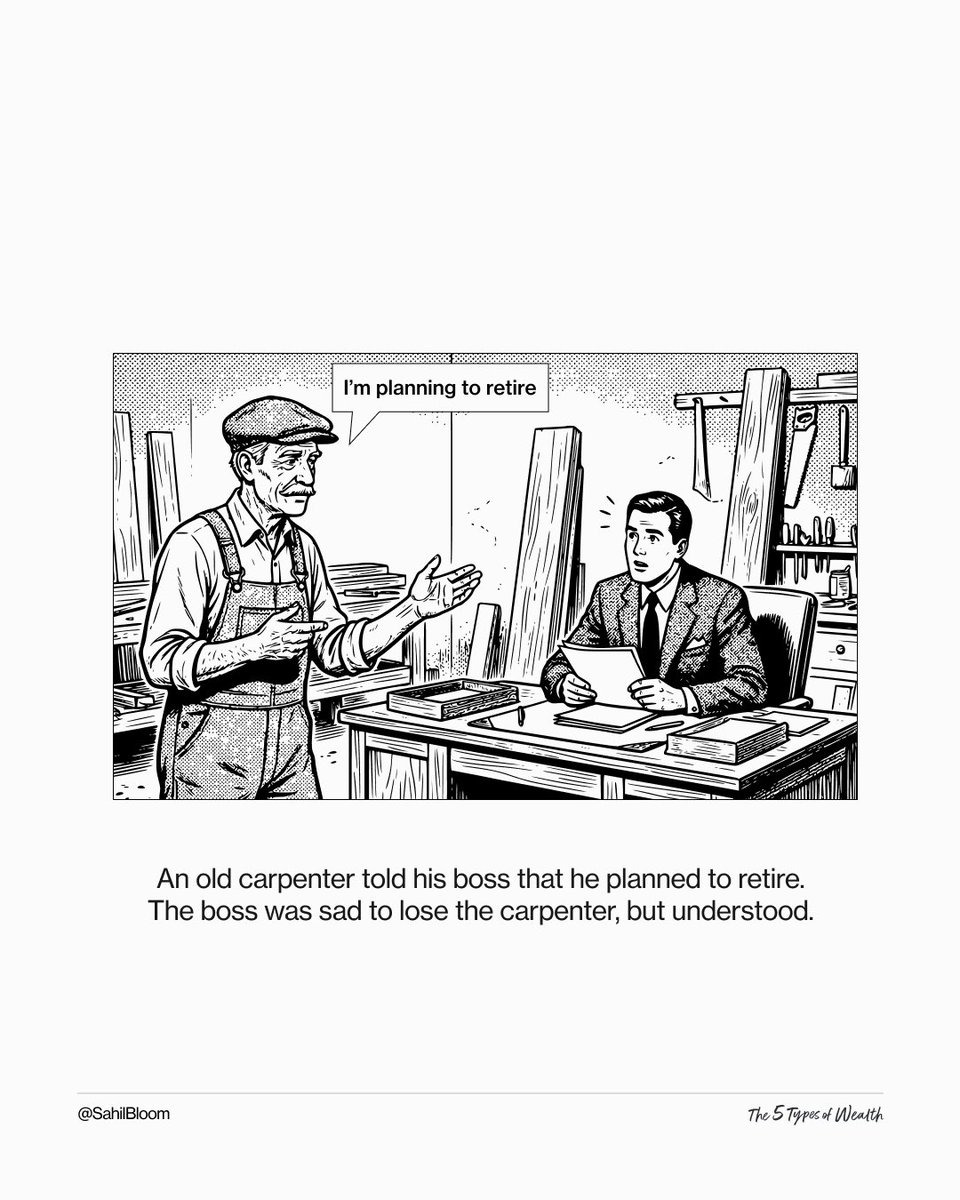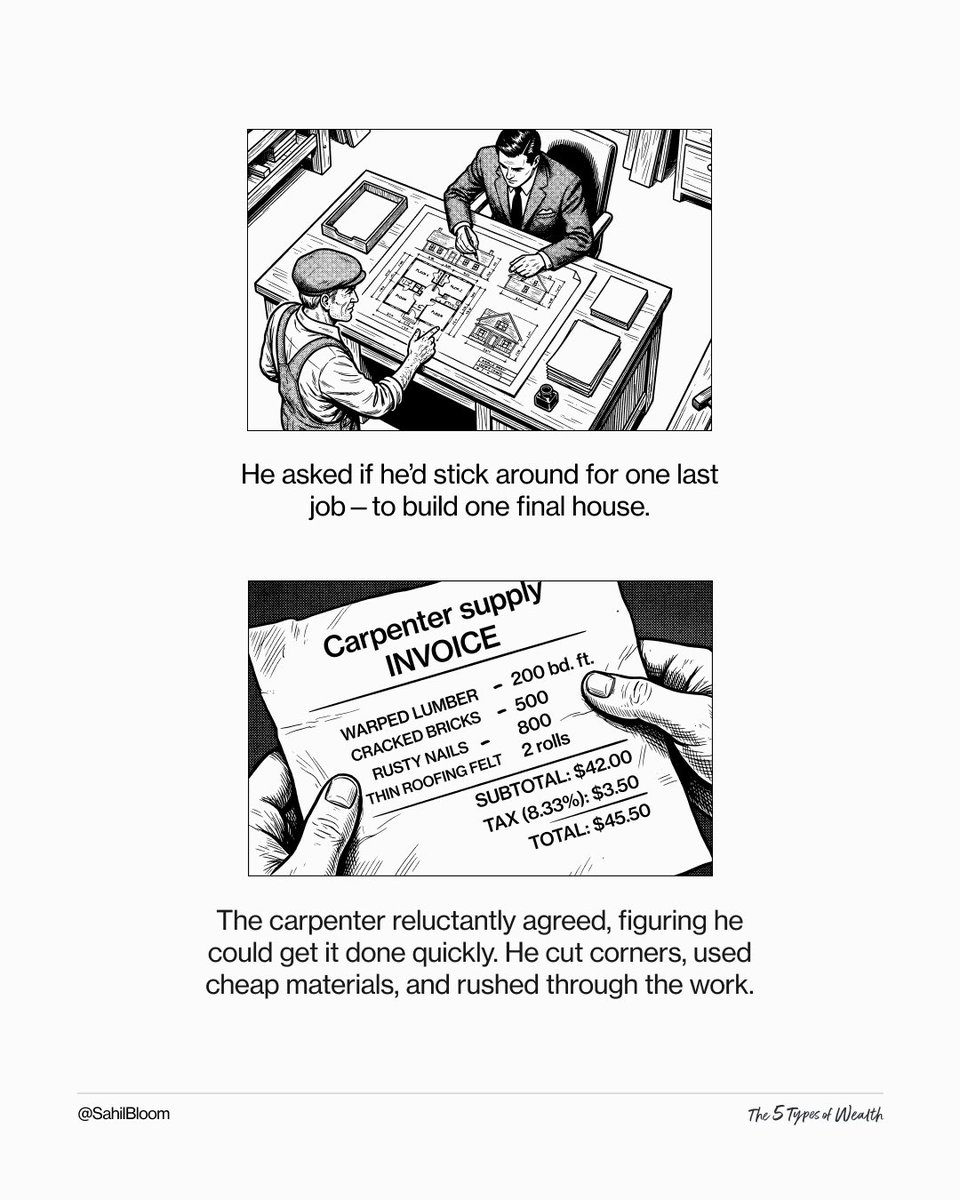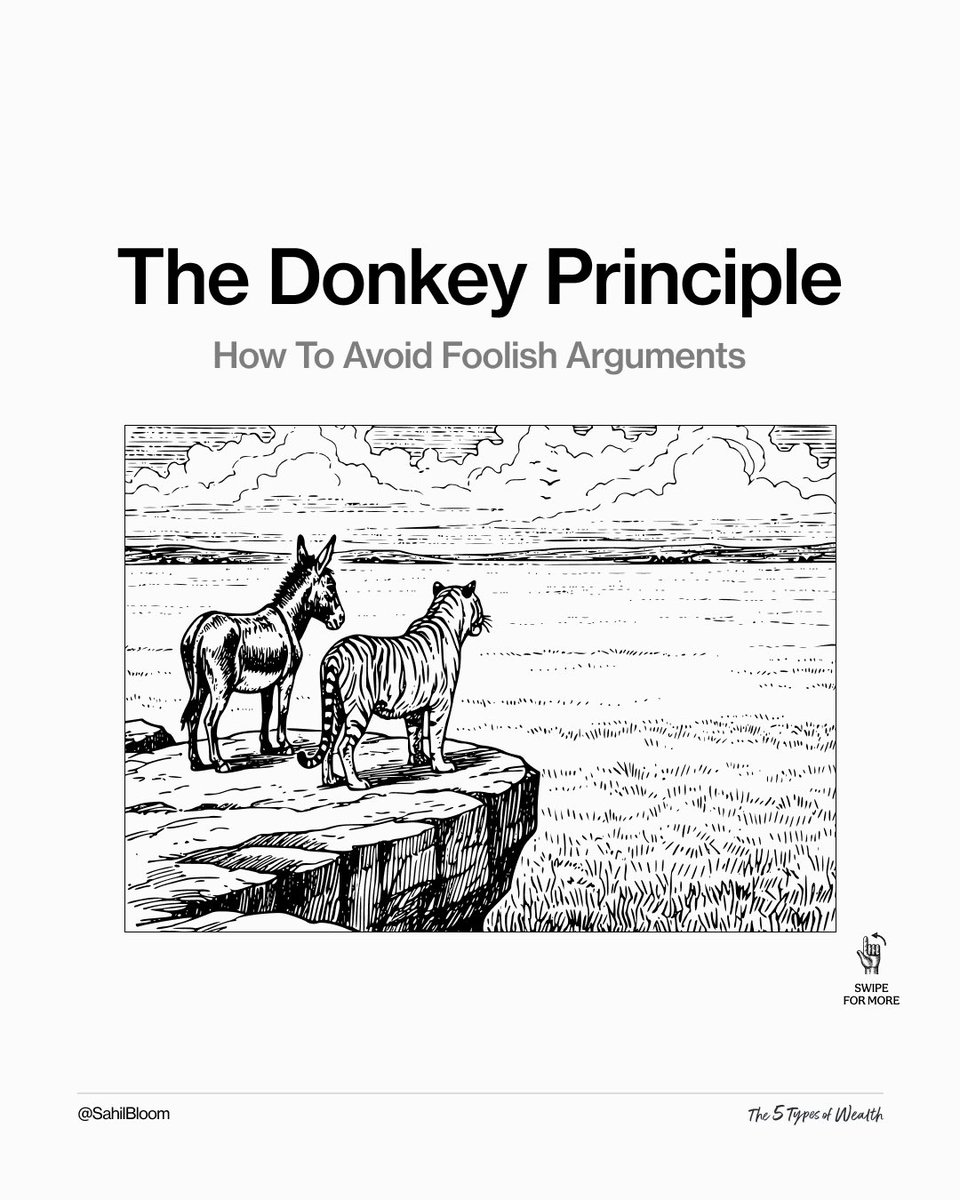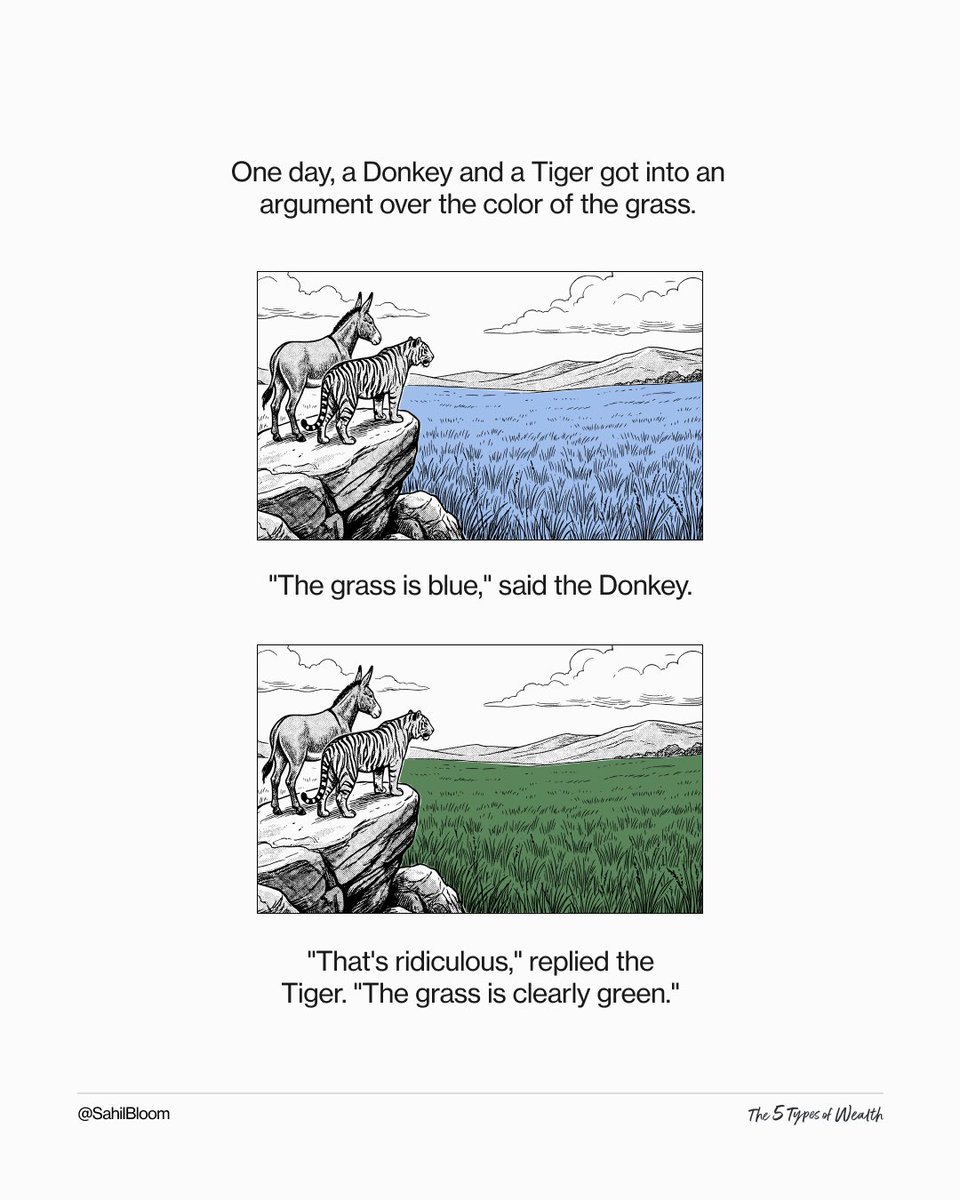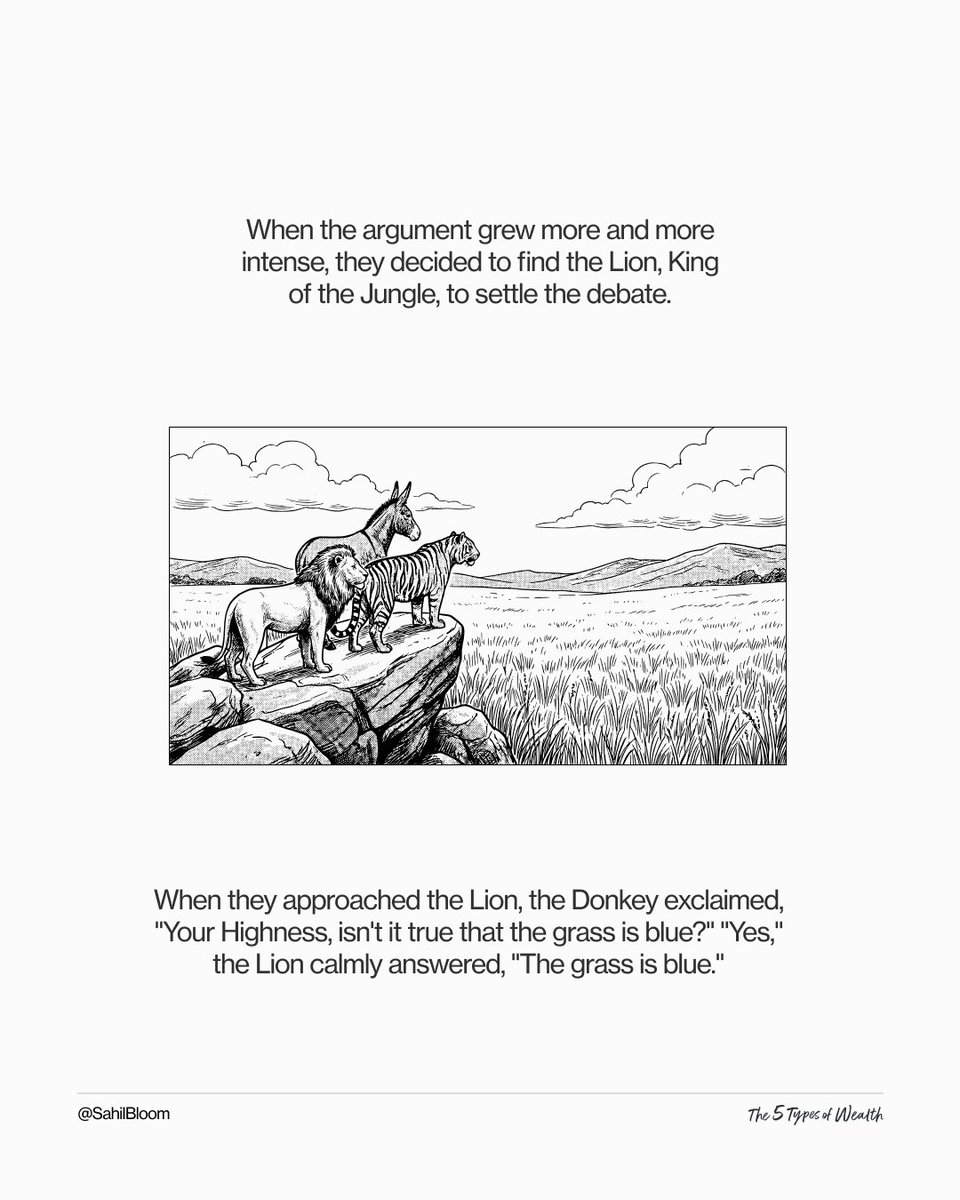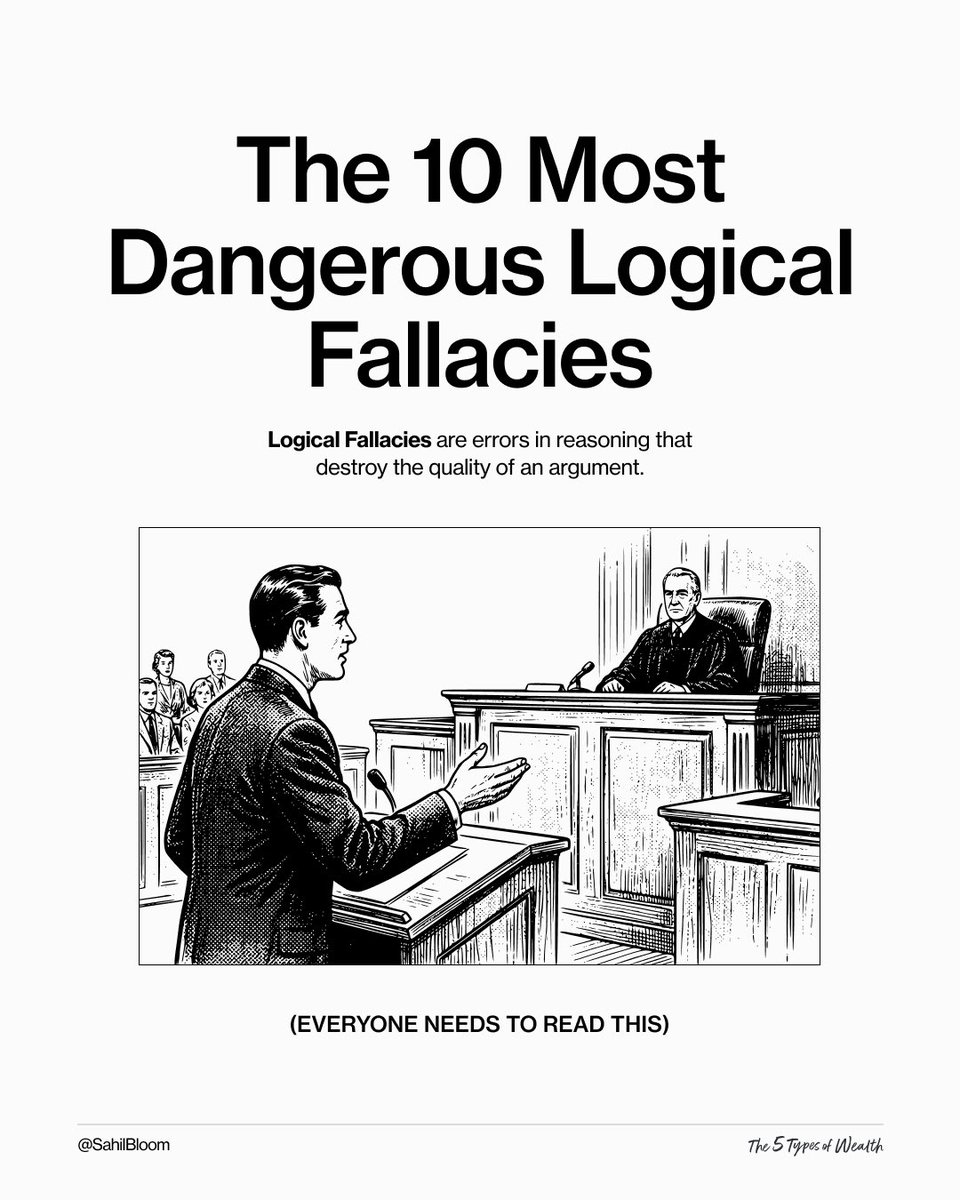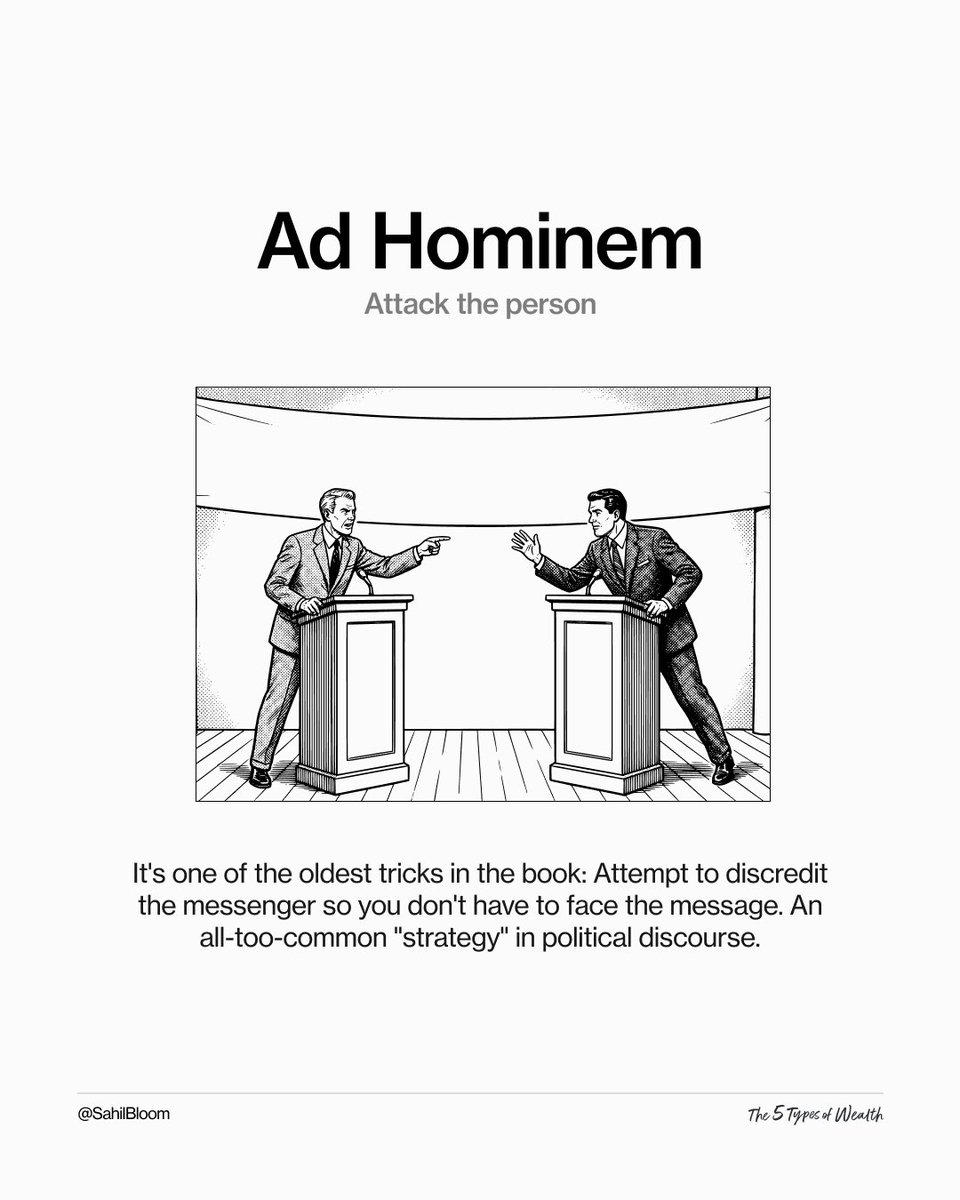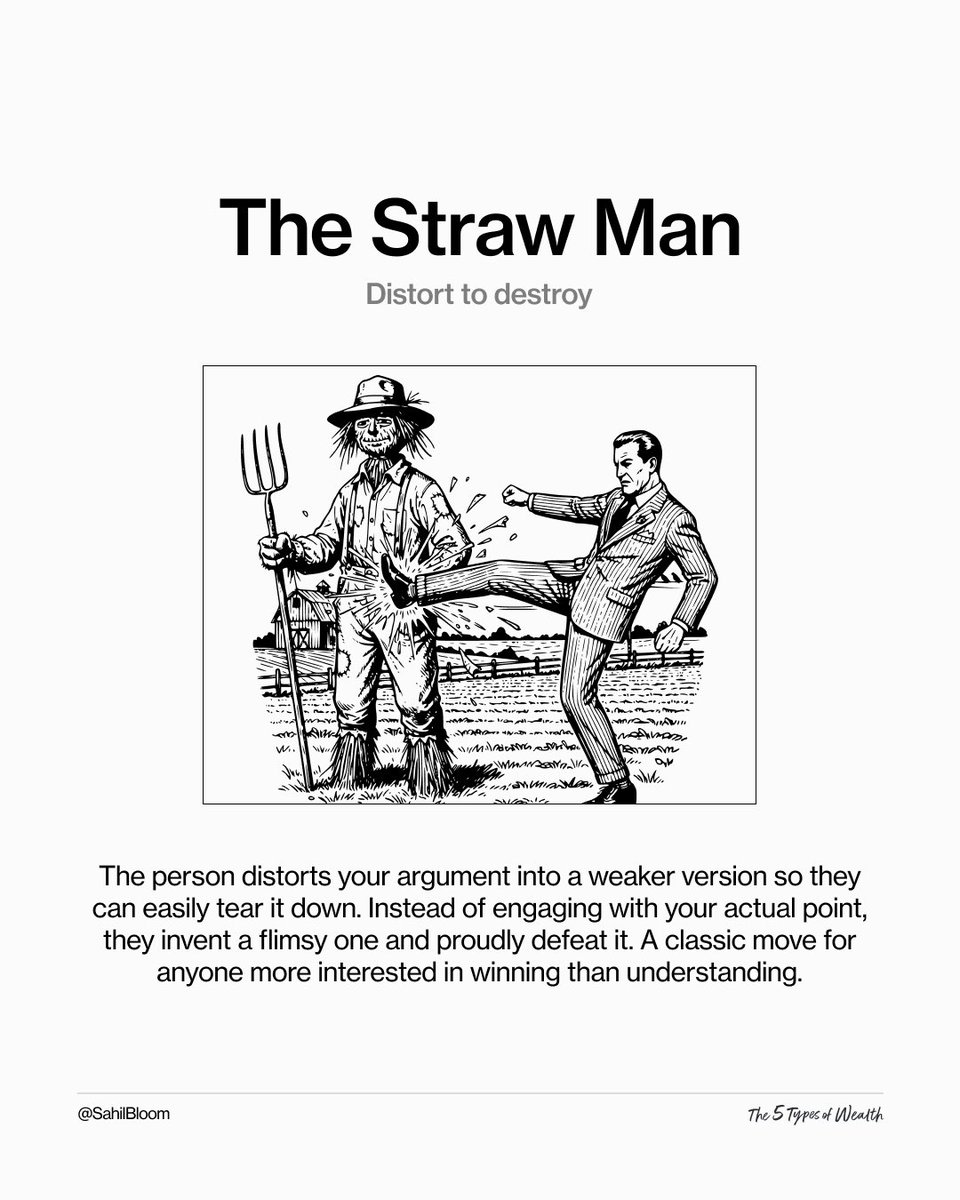10 ways to stand out in a hiring process (that don’t involve your resume):
Do Your Research
Before an interview, spend a few hours researching the company and role.
At a minimum, you should cover:
• Company mission
• Recent company news
• Recent market news
• Backgrounds of leaders
• Backgrounds of interviewers
Google is a powerful asset—use it.
Before an interview, spend a few hours researching the company and role.
At a minimum, you should cover:
• Company mission
• Recent company news
• Recent market news
• Backgrounds of leaders
• Backgrounds of interviewers
Google is a powerful asset—use it.
Embrace “I Don’t Know”
You can’t know the answer to every question. And you know what? That’s ok.
Don’t be afraid to say “I don’t know”—but follow it with a plan to acquire that information.
Ex: “I don’t know, but I’ll dig in and follow up via email.”
Then actually follow up!
You can’t know the answer to every question. And you know what? That’s ok.
Don’t be afraid to say “I don’t know”—but follow it with a plan to acquire that information.
Ex: “I don’t know, but I’ll dig in and follow up via email.”
Then actually follow up!
Leverage Warm Intros
Warm intros are the holy grail of a competitive hiring process.
Scan your networks for any connections to a company—yes, LinkedIn is actually useful for something!
If you find any that are close enough, use them.
A few other ideas in my thread below:
Warm intros are the holy grail of a competitive hiring process.
Scan your networks for any connections to a company—yes, LinkedIn is actually useful for something!
If you find any that are close enough, use them.
A few other ideas in my thread below:
https://twitter.com/SahilBloom/status/1464620007489482754
Prepare for “Why Us?”
Interviewers inevitably ask, “Why us?”—make sure you're prepared for it.
Leverage your research. Write down 2-3 unique points about the company that appeal to you.
The more specific, the better.
Generic answers get minus points. Specific answers win.
Interviewers inevitably ask, “Why us?”—make sure you're prepared for it.
Leverage your research. Write down 2-3 unique points about the company that appeal to you.
The more specific, the better.
Generic answers get minus points. Specific answers win.
Pass the Plane Test
There’s a common—and dated!—test in the hiring process:
“Would I want to sit next to this person on a plane for 6 hours?”
This was about being “normal”—but normalcy is overrated.
Be yourself, but be sure to get across that you're kind and genuine.
There’s a common—and dated!—test in the hiring process:
“Would I want to sit next to this person on a plane for 6 hours?”
This was about being “normal”—but normalcy is overrated.
Be yourself, but be sure to get across that you're kind and genuine.
Cite Real Weaknesses
Getting asked about your weaknesses feels like a trap, so we tend to cite weaknesses that could be viewed as strengths.
“I’m TOO detail oriented."
I once told a finance interviewer I didn’t know accounting—but that I would learn it. That’s a real weakness!
Getting asked about your weaknesses feels like a trap, so we tend to cite weaknesses that could be viewed as strengths.
“I’m TOO detail oriented."
I once told a finance interviewer I didn’t know accounting—but that I would learn it. That’s a real weakness!
Highlight Learning as a Goal
When asked about your goals, always highlight learning.
Lifelong learners tend to be great employees—they're interested, intellectually curious, and driven to do more than what is asked of them.
Emphasize your focus on lifelong learning.
When asked about your goals, always highlight learning.
Lifelong learners tend to be great employees—they're interested, intellectually curious, and driven to do more than what is asked of them.
Emphasize your focus on lifelong learning.
Ask Unique Questions
Most interviews end with a classic: “Do you have any questions for me?”
This isn’t a throwaway.
It's an opportunity to show off your differentiated initiative.
Ask a unique question grounded in your research on the company.
Leave a great last impression.
Most interviews end with a classic: “Do you have any questions for me?”
This isn’t a throwaway.
It's an opportunity to show off your differentiated initiative.
Ask a unique question grounded in your research on the company.
Leave a great last impression.
Personalized Thank Yous
After an interview, always make it a point to send a thank you note to the interviewer.
It should be concise and direct.
Include a specific, personalized detail from the interview—something you found interesting or a key follow up.
This stands out!
After an interview, always make it a point to send a thank you note to the interviewer.
It should be concise and direct.
Include a specific, personalized detail from the interview—something you found interesting or a key follow up.
This stands out!
Stop Fearing Rejection
I’m not ashamed to admit that I’ve been rejected for more jobs than I can count.
It happens—you can’t be a fit for everything and everyone.
Stop fearing rejection and put yourself out there.
Remember: You miss 100% of the shots you don’t take.
I’m not ashamed to admit that I’ve been rejected for more jobs than I can count.
It happens—you can’t be a fit for everything and everyone.
Stop fearing rejection and put yourself out there.
Remember: You miss 100% of the shots you don’t take.
Those are 10 ways to stand out in a competitive hiring process.
If you are a job seeker, check out my job board curated roles at high-growth companies in finance and tech.
They are all committed to open access hiring. sahil.pallet.com/jobs
If you are a job seeker, check out my job board curated roles at high-growth companies in finance and tech.
They are all committed to open access hiring. sahil.pallet.com/jobs
Follow me @SahilBloom for more threads on business, finance, and growth.
I write deeper dives on these topics in my weekly newsletter. You can join 70,000+ others and subscribe below! sahilbloom.substack.com
I write deeper dives on these topics in my weekly newsletter. You can join 70,000+ others and subscribe below! sahilbloom.substack.com
Important Note: I’ve learned the power and value of these methods through my own failures and experiences.
I’ve screwed these up more times than I can count, but I’m hoping that by sharing them, it will allow more of you to break through.
I’ve screwed these up more times than I can count, but I’m hoping that by sharing them, it will allow more of you to break through.
Just got this DM that made my day. He went in for a final interview right after reading this thread. Fired me up!
(Excuse my French, but I’m in France…)
(Excuse my French, but I’m in France…)

• • •
Missing some Tweet in this thread? You can try to
force a refresh



